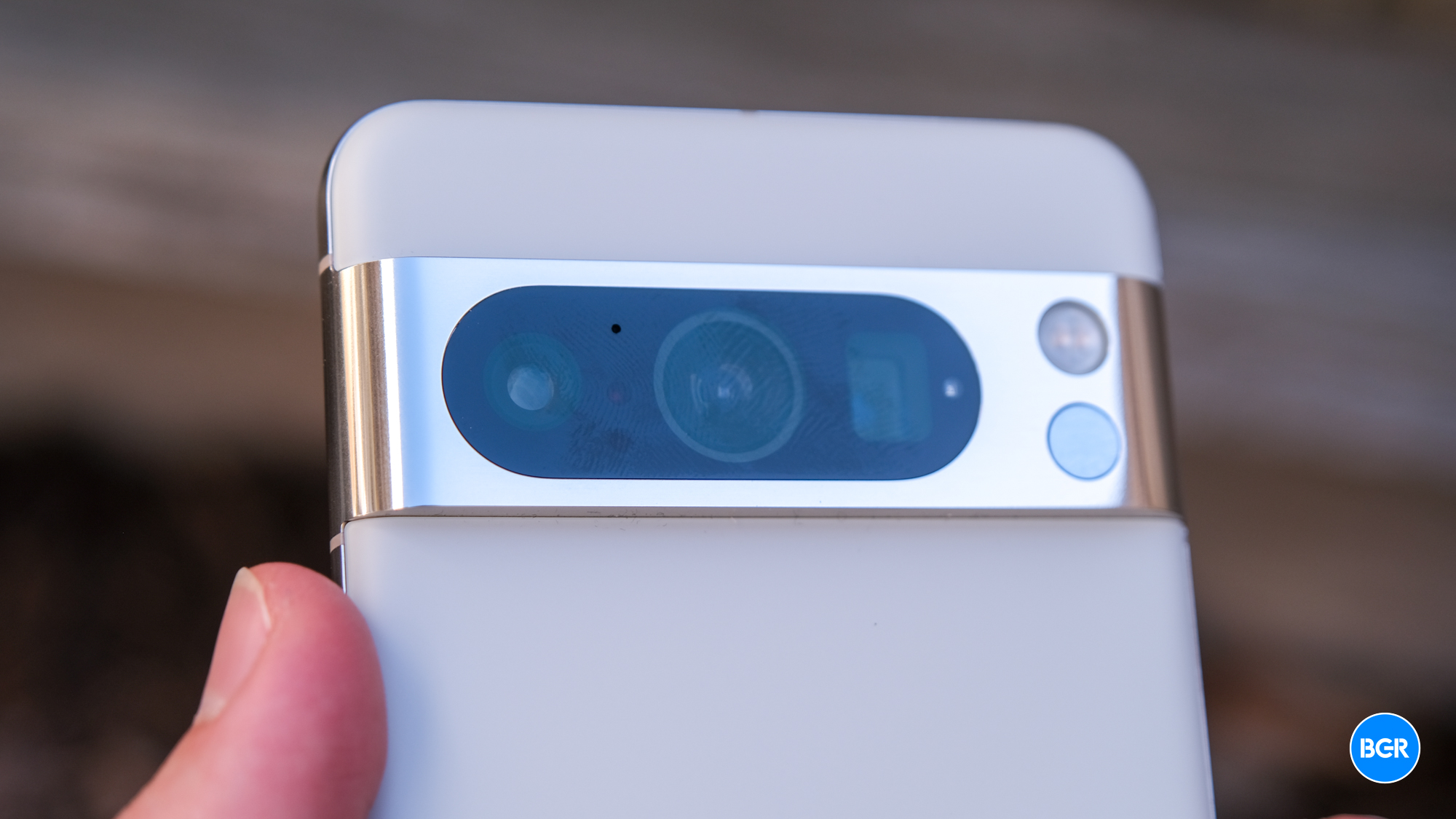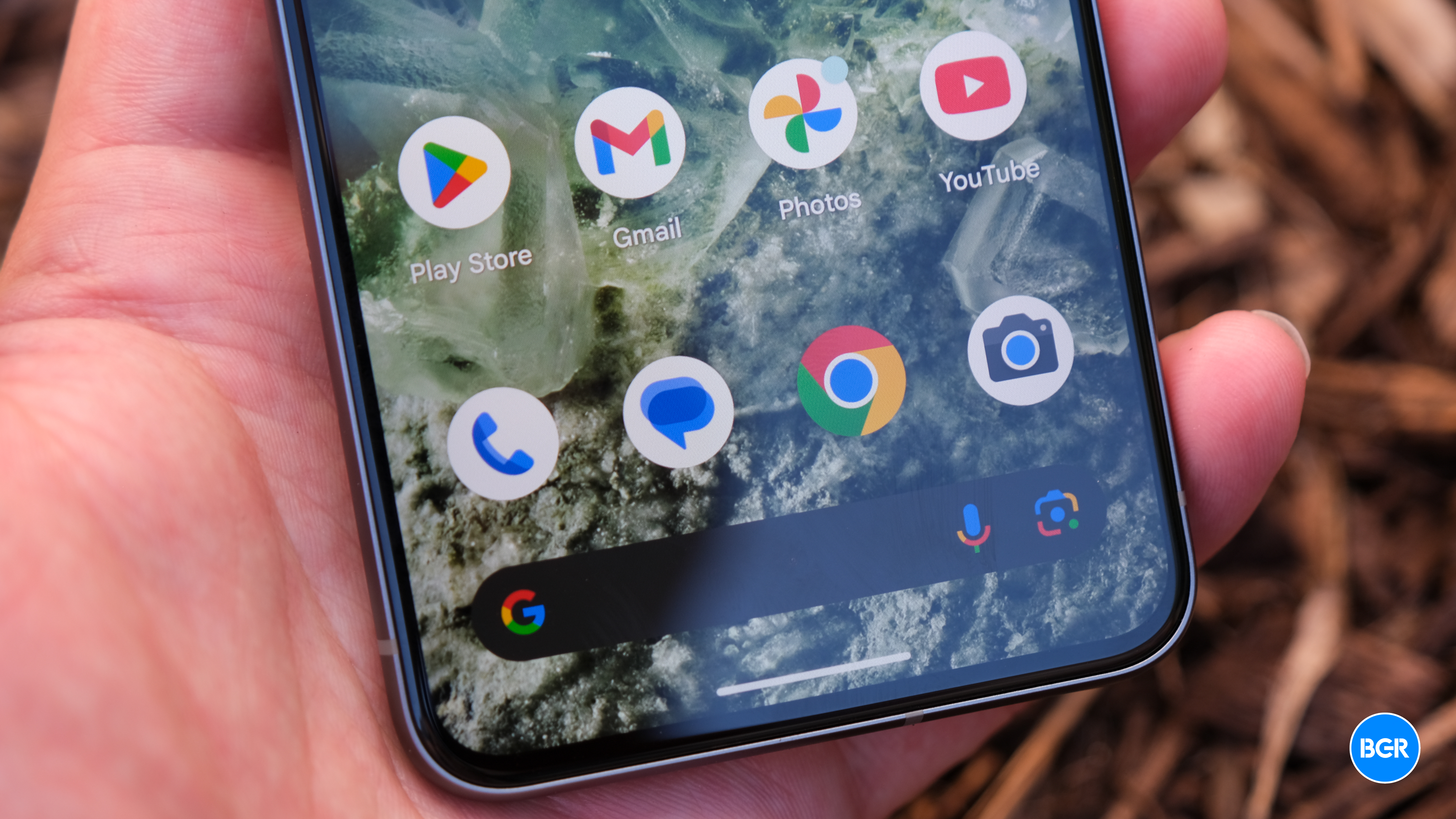Google did something during the Pixel 8 event last week that not even Apple dared to do during its iPhone events. Google promised 7 years of software updates, security updates, and Feature Drops for the Pixel 8 and Pixel 8 Pro. iPhones routinely get 5 years of iOS updates, though Apple never commits to a specific timeframe.
I said that the extended support, something unique in the Android universe, is a good enough reason to upgrade to the more expensive Pixel 8 and Pixel 8 Pro. Not to mention that Google threw a few exciting free perks your way if you did.
But it turns out that the 7-year update claim might be misleading. Google is already differentiating the Pixel 8 and Pixel 8 Pro by giving the latter exclusive AI features that the former could also run. Therefore, the 7-year guarantee might be meaningless if Google decides to withhold features from older Android hardware. Or if the Feature Drops differ between the Pixel 8 and Pixel 8 Pro in a few years.
The hardware is nearly identical
The Pixel 8 and Pixel 8 Pro pack identical hardware except for RAM and cameras. The same next-gen Tensor G3 makes the magic happen on both phones, though the Pro has 12GB of RAM, compared to 8GB for the regular Pixel 8.
On the camera front, the Pixel 8 Pro has a third lens. And yes, there’s a temperature sensor inside the Pro’s camera model, but it has little to do with the software discrepancies.
The Pixel 8 starts at $699, while the 8 Pro starts at $999. That extra $300 gets you exclusive features that should also be able to run on the Pixel 8. But Google apparently chooses not to make it happen.
Zoom Enhance and Night Sight Video are exclusive to the Pixel 8 Pro, as The Verge points out. Manual controls for the camera are also a Pro-only feature.

Google’s explanations
Google’s new Recorder AI transcription feature is also available only on the Pixel 8 Pro. The updated Magic Eraser and the smart replies are exclusive to the Pixel 8 Pro. Google confirmed to The Verge that these two features are not coming to the Pixel 8.
It didn’t explain why they’re exclusive to the more expensive models. Here’s the mind-boggling answer:
These devices offer the latest hardware and software, including faster performance than ever before, upgraded camera sensors, and the latest AI powered features – all powered by the new Google Tensor G3.
Google also mentioned unspecified limitations as a reason for the Pixel 8 not getting the exclusive Pixel 8 Pro features. There’s a reason I mentioned the specs above. The only meaningful difference between the two phones is the extra RAM.
Google did reveal to Android Authority one other reason for keeping Video Boost exclusive to the Pixel 8 Pro. That extra $300 helps pay for the cloud infrastructure that processes the data. It has nothing to do with the capabilities of the Tensor G3 on the Pixel 8 Pro
There’s absolutely no problem for a vendor to keep software features exclusive to the more expensive model. Apple does it with the iPhones, too. But the iPhone 15 Pro Max has exclusive zoom capabilities because there’s a new hardware component at play. I do remember the days when Google would mock Apple for giving the larger phone exclusive features.
Also, I wouldn’t expect all Pixel 10 features to be available to Pixel 8 phones in a couple of years because the former might pack specific components that support particular features.

The future of Feature Drops seems uncertain
But if Google already differentiates the Pixel 8 Pro and Pixel 8 without making it obvious from the get-go to the buyer, who is to say that Google will even bother bringing Feature Drops that might work on the Pixel 8 Pro two years from now instead of just nudging buyers to the Pixel 10 Pro?
Also, if the more advanced AI features of the future will continue to require processing on Google’s servers, they should technically run on older hardware. Unless Google decides it needs newer phone sales to pay for those services.
Sure, you’d still get Android OS upgrades and security updates. But it is usually these Feature Drops that Pixel enthusiasts might mistakenly assume will be available to their Pixel 8/Pro several years from now. And that might not happen.
It’s not just speculation. Google has already done it with other Pixel features. As the same report reminds us, Google said the Pixel 7’s Clear Calling and Guided Frame features would be available on the Pixel 6. But there’s no sign of that happening.
On that note, Google’s support document addressing Pixel 8 updates doesn’t resist Feature Drops, only Android OS releases and security updates.
With all that in mind, the 7-year update claim might turn out to be a major publicity stunt for the Pixel 8 and Pixel 8 Pro. We’ll have to wait at least a year and see what happens.







